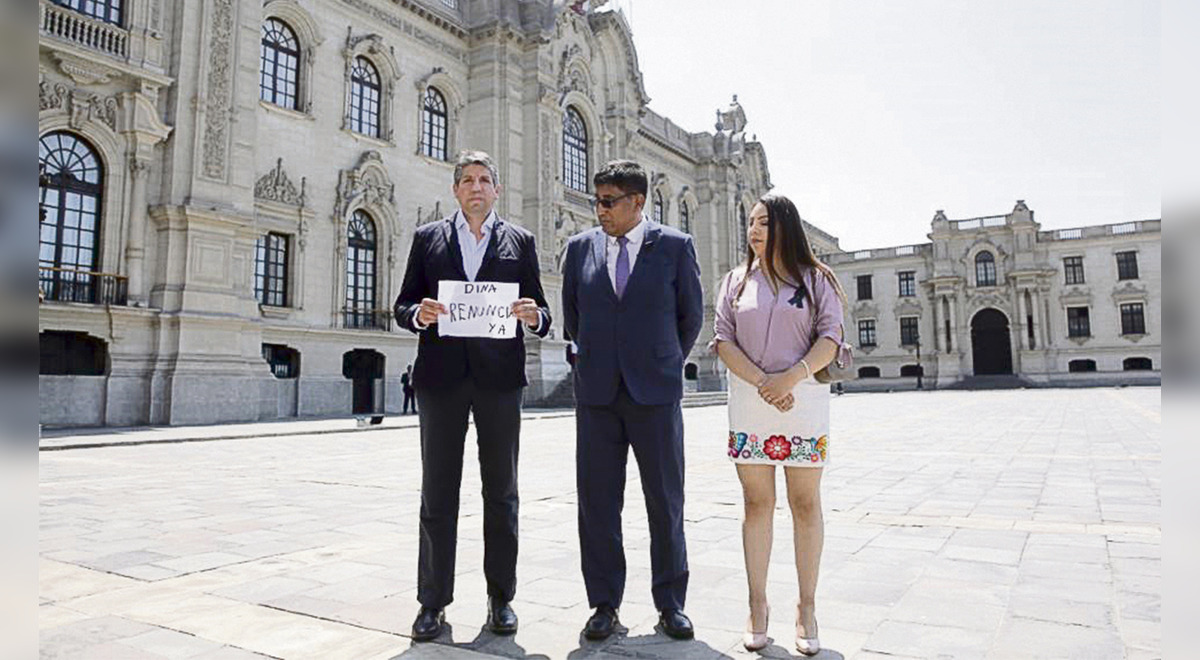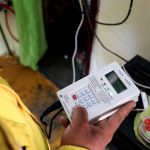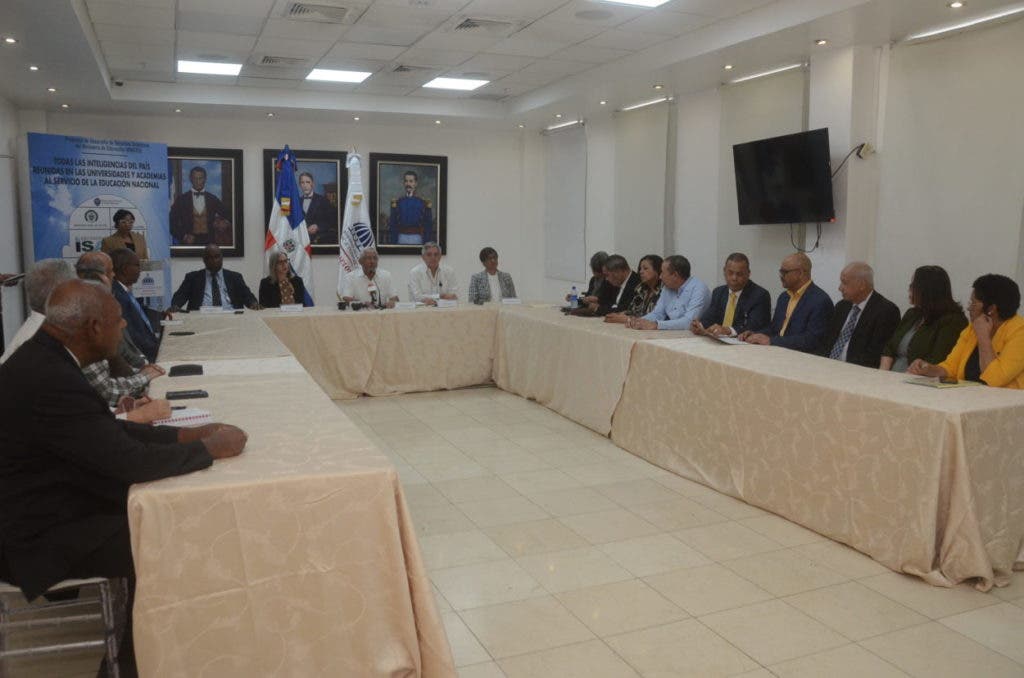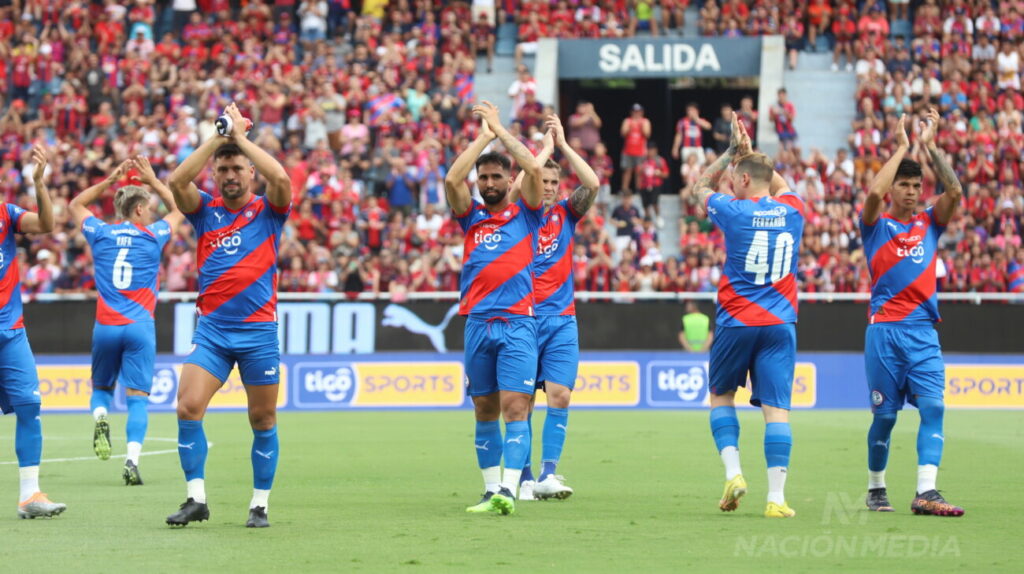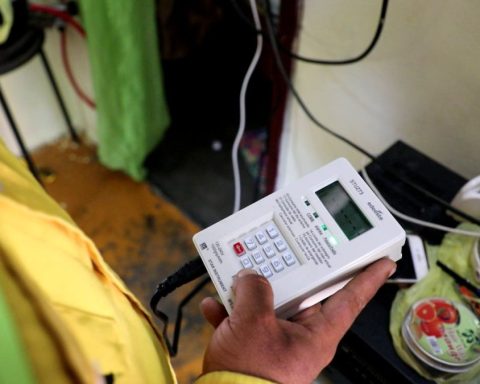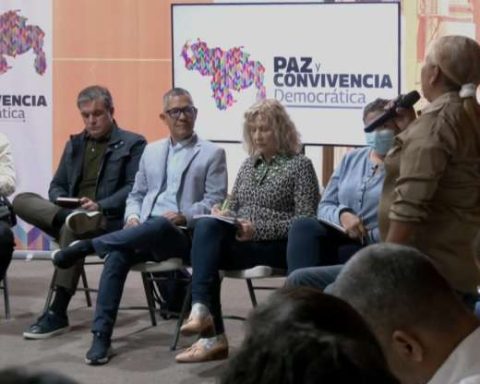Odds. Projections that consider the terms indicated by Congress and the electoral system ratify the option of advance payment in 2024 and very little chance of a change this 2023.
The general elections that are expected to be brought forward, to change the Government and Congress, can be held between January and April 2024, according to projections that consider deadlines set by the competent entities, if Parliament speeds up its procedures and achieves sufficient consensus, in addition that there is promptness in the tasks of the electoral system.
The holding of these elections this year is very unlikely, due to the times established in the Legislature and those considered necessary by the National Election Jury (JNE) and the ONPE (National Office of Electoral Processes). However, Parliament can shorten its processes and make key changes to the Constitution on elections, which would set standards higher than any law on the matter and that every entity would have to obey.
A resignation of President Dina Boluarte, in these days, would cause elections to be called “immediately”, which would take us to the polls in November of this year or, if there is special speed, a month before. However, as long as the norm of our magna carta that establishes change of mandates on July 28 is not changed, we will not be able to have a new government or another Congress this 2023.
If the electoral advance is achieved with the approval of Congress alone, in two votes, as established by the Constitution, and it proceeds as quickly as possible, without actually advancing its legislature, the general elections would be between March 16 and September 25. April 2024.
If this advance is obtained by approval of the Parliament in a vote and ratification of the population in a referendum, with alacrity in the Legislature, JNE and ONPE, it would be between January 7 and February 16, 2024.
Everything depends on when Congress makes its decisions, its speed and that of the entities of our electoral system.
The JNE has said that it can carry out an electoral process in 230 days, but the regulations establish a longer term: 270 days. Rules would have to be modified to reduce times.
start the route
Now, the first stumbling block to overcome is the request for reconsideration, presented by parliamentarian Jorge Montoya, spokesman for Renovación Popular, to the decision of the plenary session of Congress that the Constitution Commission resume the proposal for electoral advancement. This request blocks all progress for an advance of the elections.
If the plenary session rejects the reconsideration, it maintains the decision that the Constitution reactivate the matter and this group can give a new opinion so that Congress decides again whether it wants to advance the elections or not.
If Montoya’s request is approved, the proposal that the Constitution resume the electoral advance is voted on again, which can be reiterated or lost.
With the decision to resume the proposal to have early elections, the possibility of changing the government and Congress before 2026 is reopened, although this can hardly happen this year.
Durán, from the PM: Boluarte spoke of staying
The president of the Purple Party, Luis Durán, recounted that the president Dina Boluarte told him that “she does not consider that her government is transitional” and that “it will continue as long as Congress does not decide the advancement of the elections,” after meeting with her. . The leader Elmer Arce showed a paper that said: “Dina, resign now.”
In addition, Boluarte received leaders from the Popular Action, Faith in Peru and Green Democrat parties.
Infographic – The Republic
